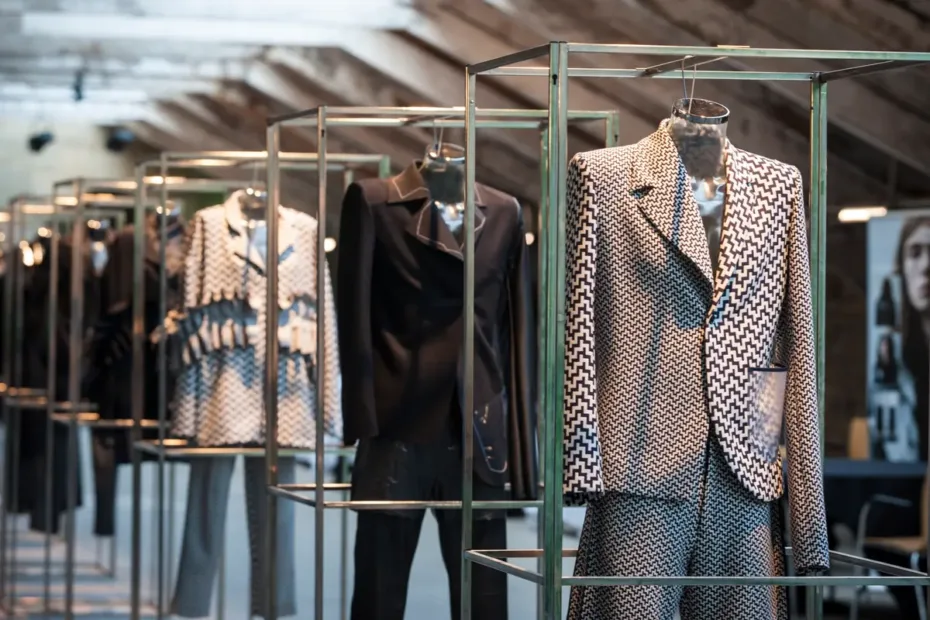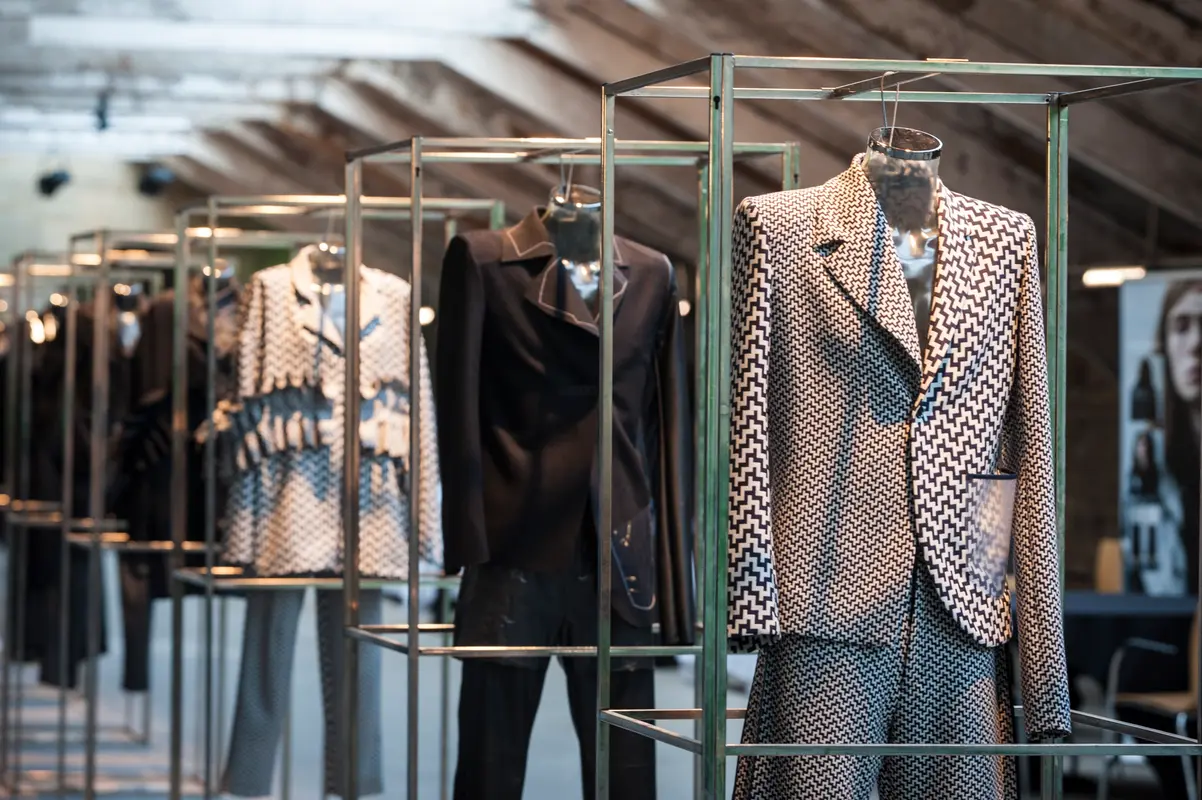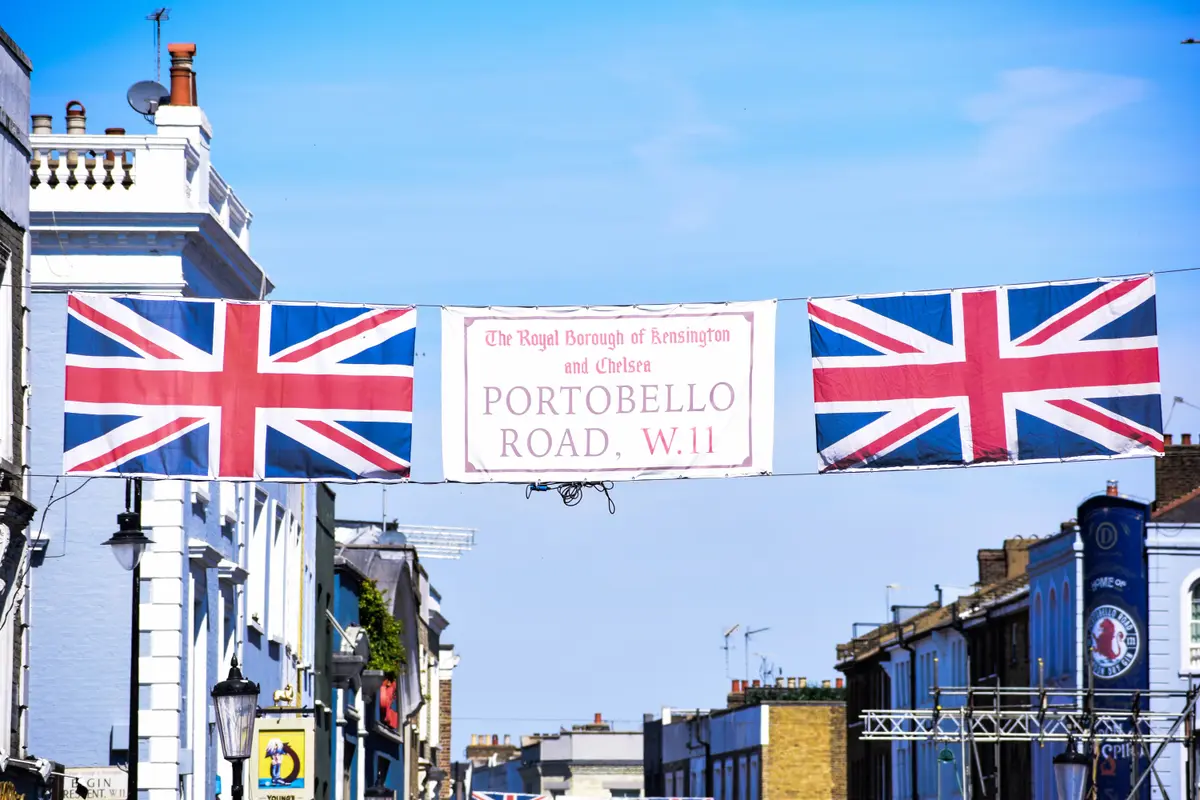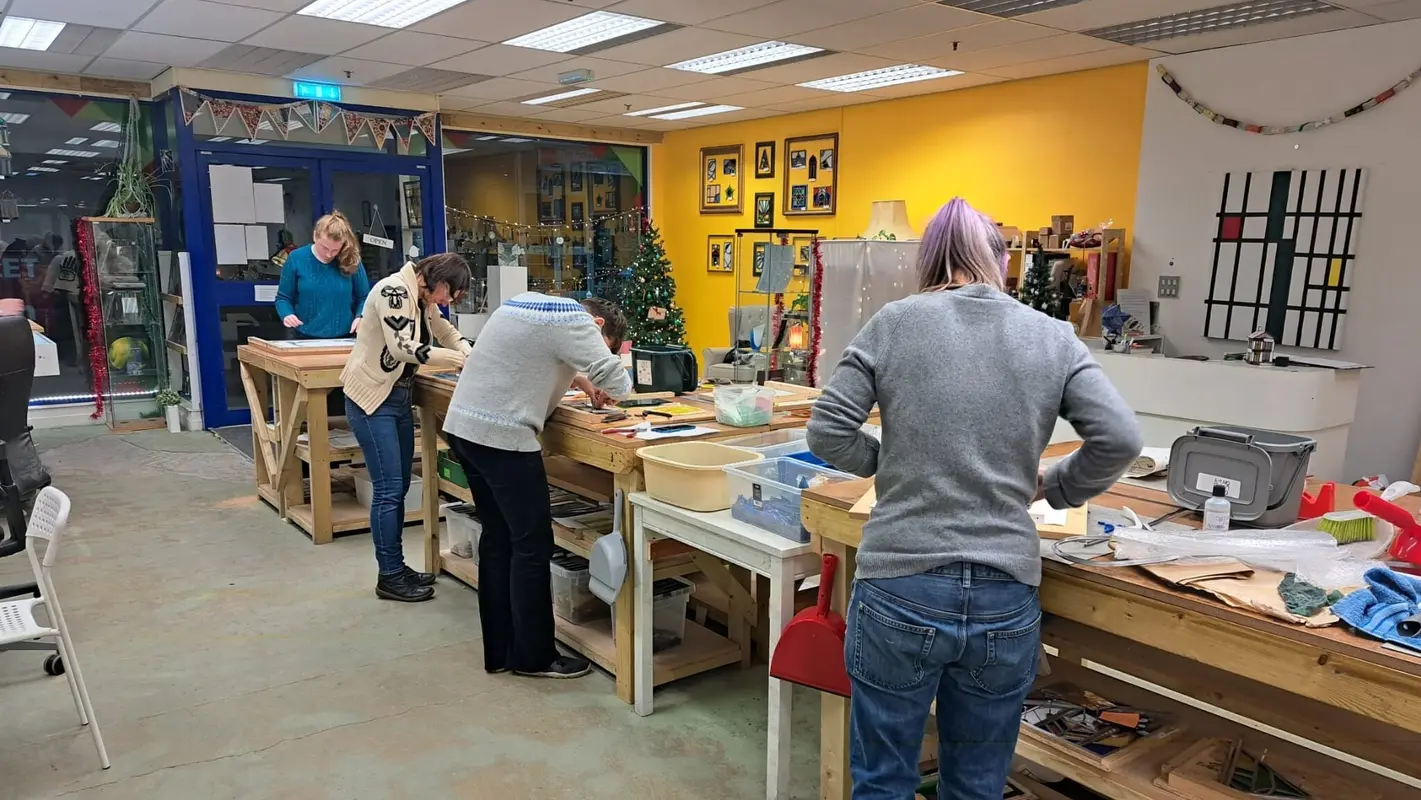The UK’s Fashion and Textiles industry contributed almost £20 billion to the UK economy in 2020 and remains a major UK employer with 500,000 jobs supported across design, manufacturing and retail. COVID-19 and the post-Brexit landscape exposed the UK industries’ reliance on long, global supply chains as well as restricting access to skilled workers. In parallel, the sector faces further challenges to address sustainability and circular economy agendas, and to transition to net zero by 2050.
The UK sector is dominated by micro and SME businesses in fashion design and manufacture. While they are more vulnerable than larger businesses, they have demonstrated the ability to be more agile in response to external factors causing supply chain disruptions (such as Brexit and Covid), as well as adapting to more sustainable practices. However, accessing UK supply chain networks – at an appropriate scale and quality to support the growth of these businesses – is an increasing challenge.
This paper outlines findings from qualitative research which evaluated the benefits to UK-based micro and SME fashion businesses from being co-located within regional micro-clusters. It looks at the regional activities being undertaken by fashion firms working within micro-clusters and the challenges they face in the post Brexit and Covid-19 landscape, as well as specific sustainability challenges.
The research finds that regional fashion micro-clusters act as localised networks – providing access to skills and services for businesses based within them. The authors suggest recommendations for programme and policy initiatives to support the development of cluster and cross-cluster communities to enable wider access to these developing UK supply chain networks. These include investment in fashion micro-clusters as innovation hubs as well as supporting the expansion of the businesses operating within them into new markets.
_________________________________
Hero and thumbnail photo by Future Fashion Factory
Related Discussion Papers
Demand for Creativity and AI Skills in the Post-ChatGPT Labour Market
This study examines the evolving relationship between employer demand for creativity and AI skills i…
Regional Trade Agreements, Cultural Provisions and Trade in Cultural Goods
Analysing the impact of Regional Trade Agreements on the bilateral trade of cultural goods from 1999…
International Trade Challenges and the Effectiveness of Support Measures for the UK’s Creative Industries
The formidable challenges confronting the UK’s creative industries in the realm of exports, st…
Northern England’s Creative Industries
The Creative Industries are already a driver of growth across the UK economy. Export-intensive and m…
Creative Destruction? Creative firms, workers and residential gentrification
A new study by Tasos Kitsos, Max Nathan, and Diana Gutierrez-Posada finds only a minor influence of …
Speaking with One Voice
A fundamental remit of the BBC, and other public service broadcasters (PSBs) like ITV and Channel 4,…
Transitioning to Sustainable Production across the UK Theatre Sector
This discussion paper examines transitional pathways to sustainable theatre production in the UK. By…
Identifying and analysing UK fashion micro-clusters
The UK’s Fashion and Textiles industry contributed almost £20 billion to the UK economy in 202…
Net Zero as a catalyst in fashion micro and small enterprises
This report identifies examples of work taking place across three levels of change – social, e…
The Motives of Inbound Foreign Direct Investors in the UK Creative Industries
The UK’s creative industries have a global reach. British arts, technology, and design are internati…
Brexit uncertainty and international trade in services: Evidence from the UK creative industries 2014-2019
This discussion paper is based on one of the first studies to look at the impact of Brexit on the Cr…
Working Together – Cooperatives as a creative industry business model
This authors looks at how creative workers and students typically understand cooperatives, explore t…












